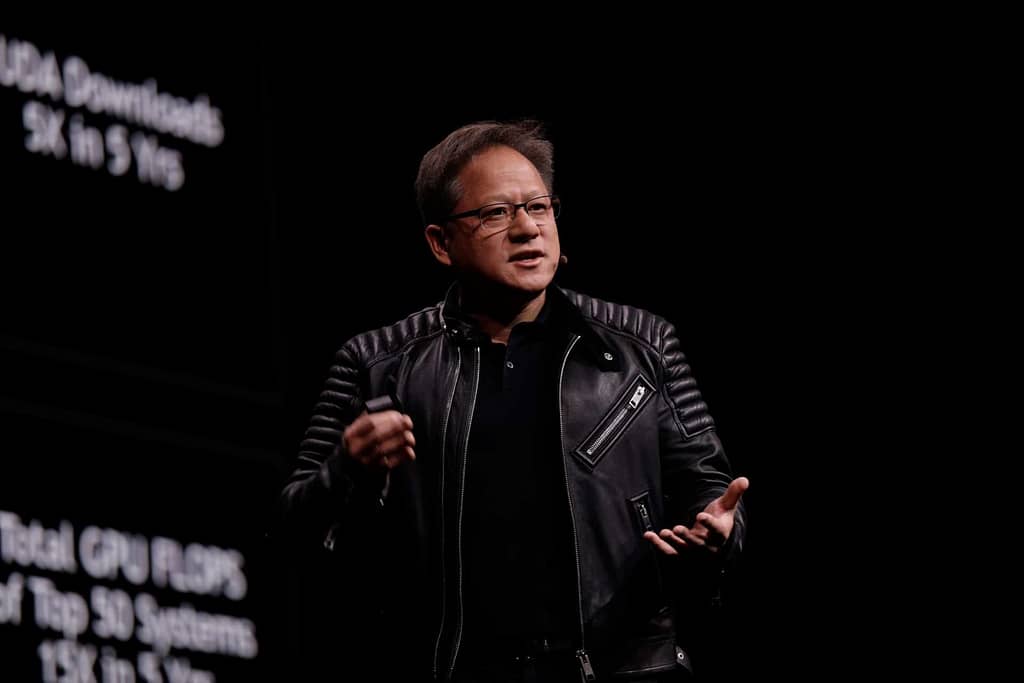In a thought-provoking interview, former Secretary of Labor Robert Reich provides valuable insights into the evolving landscape of work, the impact of artificial intelligence, and the challenges facing American workers. This discussion touches on key issues such as productivity, the changing employer-employee relationship, the potential for universal basic income (UBI), and the role of large corporations in wealth inequality.
Productivity and Wages: The interview begins with a question about the well-being of U.S. workers compared to 30 years ago. Reich acknowledges that the situation is complex but highlights that, despite some improvements in inflation-adjusted pay, the typical worker’s wage growth has been minimal. He underscores a concerning trend where the gap between productivity and wages continues to widen. This disconnect between increased productivity and stagnant wages has contributed to income inequality in the United States.
AI and Its Implications: Reich then delves into the role of Artificial Intelligence in the labor market. He emphasizes that while AI can bring efficiencies and convenience to our lives, it also poses a threat to certain professions. Beyond the routine factory jobs that have been replaced by automation over the last few decades, AI is now encroaching into professional roles. This shift is a cause for concern, as it affects the middle class, which has historically enjoyed job security and decent wages.
The Changing Employer-Employee Relationship: Reich predicts that Artificial Intelligence will fundamentally transform the relationship between employers and employees. Increasingly, workers will find themselves working for AI platforms and intermediaries rather than traditional companies. He raises the idea that workers could be paid based on a spot auction rate, depending on their current demand. While this approach may be efficient, it also brings instability to workers’ lives and questions the traditional labor protections established over the past century.
The Case for Universal Basic Income (UBI): Addressing the challenges of an AI-driven future, Reich argues that the United States may need to consider implementing a universal basic income (UBI). Regardless of political affiliation, he emphasizes the importance of ensuring that individuals have enough income to participate in the economy, especially as automation displaces workers. Without a means to provide people with purchasing power, the economy could suffer severe consequences.
Corporate Influence and Wealth Inequality: Reich discusses the role of large corporations in exacerbating wealth inequality. He points out the rise of tech giants and internet monopolies, which have amassed significant power and wealth. Antitrust measures, he argues, have not yet adapted to the challenges posed by these corporate giants. Furthermore, the weakening of labor unions has eroded the bargaining power of workers, contributing to income disparities.
Balancing Economic Growth and Environmental Goals: Reich highlights the importance of economic growth in achieving environmental goals. He argues that wealthy countries are better equipped to invest in environmentally responsible practices, such as renewable energy and adaptation mechanisms. Growth, when channeled correctly, can support various social needs, including environmental protection and education.
Robert Reich on the Future of the U.S. Economy
In conclusion, Reich reflects on the future of the U.S. economy. While the United States remains a global economic leader, he acknowledges that factors like income inequality and institutional adaptability will shape its future success. He raises questions about what defines a successful economy beyond material wealth, emphasizing the importance of quality of life and individual freedoms.
In summary, Robert Reich’s insights offer a comprehensive view of the challenges and opportunities presented by the increasing influence of AI and large corporations on the labor market. As the United States navigates this transformative period, addressing these issues will be vital to ensuring equitable and prosperous outcomes for American workers and society as a whole.




